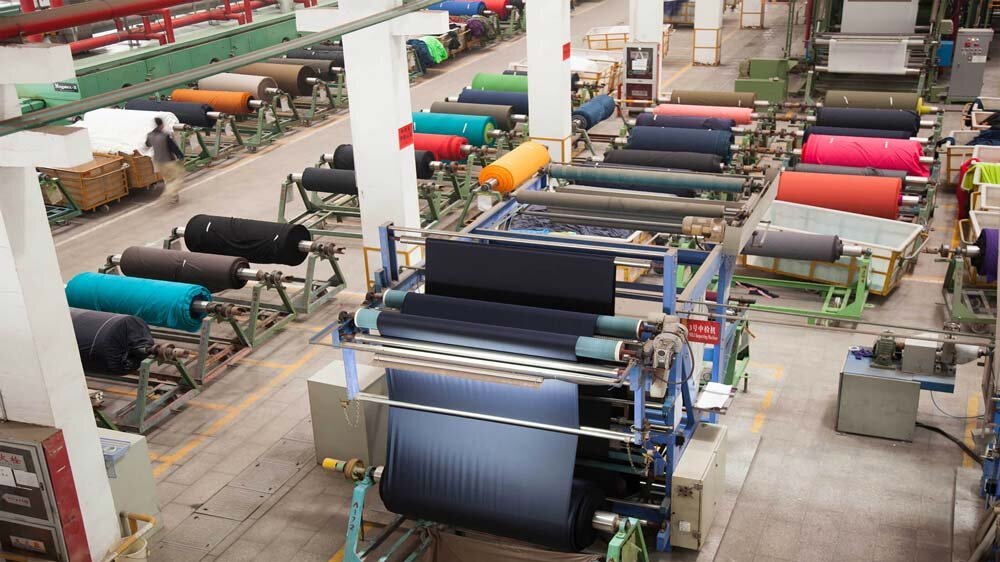The Indian government has unveiled a strategic plan to elevate the competitiveness and global presence of the country’s textile industry through comprehensive training and skill development initiatives. By forging partnerships with renowned international institutions, such as those in the UK, Australia, and Finland, Indian artisans, weavers, and young professionals will receive world-class training, thereby enhancing their expertise and capabilities.
This initiative comes at a crucial time when India aims to strengthen its textile manufacturing sector to meet the rising global demand and position itself as a key sourcing destination, especially amid the changing dynamics in the global trade landscape, particularly with China.
India’s textile industry holds significant importance in the country’s economy, being the second-largest employer after agriculture. With direct employment opportunities for 45 million people and another 100 million in allied sectors, the industry plays a vital role in India’s socio-economic development. Furthermore, with a robust growth trajectory, the textile market is expected to reach $387.3 billion by 2028, growing at a compound annual growth rate (CAGR) of 14.59%.
The memorandum of understanding (MoU) between the National Institute of Fashion Technology (NIFT) and the technical institutes in the UK, Australia, and Finland will pave the way for collaborative training programs. These programs will focus on innovation and technology upgradation, essential elements to drive the growth of India’s textile industry. By imparting cutting-edge skills and knowledge, the initiative aims to enhance the quality of textile products manufactured in India and expand its global footprint.
The plan encompasses all 18 NIFT institutes and eight textiles research institutions, including prominent names such as the Synthetic & Art Silk Mills’ Research Association and the South India Textile Research Association. Through these institutions, training programs will be implemented to ensure widespread skill development across the textile sector.
The textiles ministry’s ambitious target of attracting ₹95,000 crore in investments and creating 2.25 million new jobs within the next four to six years underscores the significant economic potential of the textile industry. Investments are expected to flow in through various schemes, including the production-linked incentive (PLI) scheme and the PM Mega Integrated Textile Regions and Apparel (PM-MITRA) parks scheme.
The PM MITRA parks scheme, in particular, aims to create plug-and-play infrastructure for textile players, fostering investment, innovation, and job creation. By providing state-of-the-art facilities and conducive business environments, these parks will catalyze the growth of the textile industry and bolster India’s position as a global hub for textile manufacturing and exports.
Furthermore, India’s pursuit of free-trade agreements reflects its commitment to expanding exports and boosting domestic growth. The country’s prowess in technical textiles, including medical apparel, presents a significant opportunity for export growth, with plans to increase exports from $2.5 billion to $10 billion in the next five years.
India’s dominance in cotton, jute, silk production, and hand-woven fabrics further strengthens its competitive advantage in the global textile market. By leveraging its strengths and fostering collaboration with international partners, India is poised to emerge as a formidable player in the global textile arena.
The Indian government’s initiative to enhance training and skill development in the textile industry marks a significant step towards achieving its ambitious growth targets. By harnessing the potential of its workforce and fostering international collaborations, India is well-positioned to elevate its textile industry to new heights of success on the global stage.
